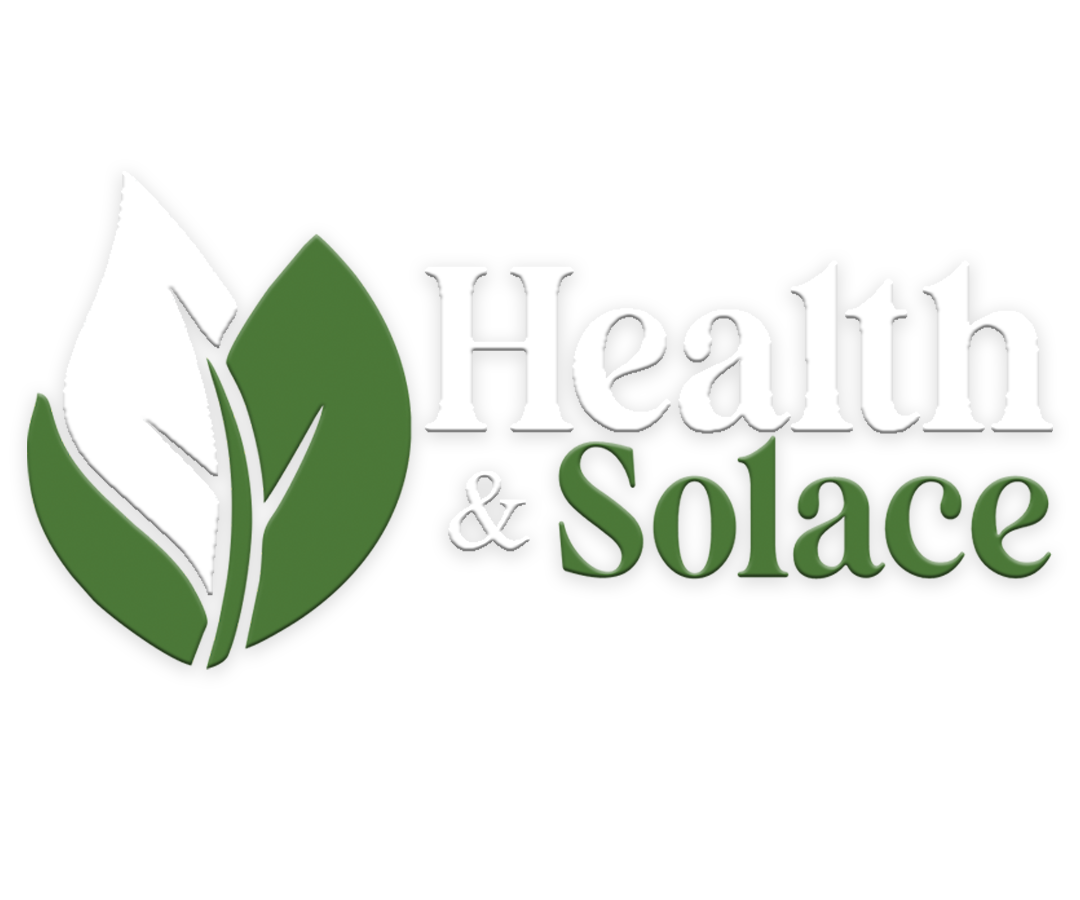Treatment Process
4 Phases
Assessment & Stabilization
1. Medical assessment and detoxification
2. Psychosocial assessment and diagnosis
3. Development of individualized treatment plan
4. Stabilization and management of withdrawal symptoms
Residential Treatment
1. Cognitive-behavioral therapy (CBT) groups
2. Dialectical behavior therapy (DBT) groups
3. Motivational interviewing (MI) sessions
4. Family therapy sessions
5. Education on addiction and recovery
6. Relapse prevention planning
Intensive Outpatient Treatment
1. Continuing CBT, DBT, and MI sessions
2. Group therapy sessions
3. Family therapy sessions
4. Relapse prevention planning
5. Vocational and educational counseling
Aftercare & Support
1. Continuing individual & group therapy sessions
2. Relapse prevention planning
3. Support group attendance
4. Family therapy sessions
5. Ongoing monitoring & support
Evidence-Based Therapies
1. Cognitive-behavioral therapy (CBT)
2. Dialectical behavior therapy (DBT)
3. Motivational interviewing (MI)
4. Family therapy
5. Relapse prevention therapy
Medication-Assisted Treatment (MAT)
1. Methadone maintenance
2. Buprenorphine maintenance
3. Naltrexone maintenance
Holistic & Alternative Therapies
1. Art therapy
2. Recreational therapy
Cognitive Behavioral Therapy (CBT)
Is designed to help individuals identify & challenge negative thought patterns and behaviors associated with substance use. Through a combination of cognitive restructuring, behavioral chain analysis, and coping skills training, clients learn to manage cravings, avoid relapse, and develop a more positive & empowered mindset. By keeping a thought record, & practicing mindfulness techniques, individuals can gain a deeper understanding of their addiction and develop the skills and strategies needed to achieve & maintain long-term recovery.
Dialectical Behavior Therapy (DBT)
Helps individuals develop emotional regulation skills to manage cravings & triggers. By learning mindfulness, distress tolerance, & emotional regulation techniques, clients can better cope with stress and negative emotions that often contribute to substance use. Through DBT, individuals can develop a greater sense of self-awareness, improve their relationships, & reduce their reliance on substances to manage emotions, ultimately achieving a more balanced and fulfilling life in recovery.
Motivational Interviewing (MI)
Helps individuals resolve ambivalence and mobilize their intrinsic motivation to change. Through a non-confrontational & empathetic approach, clients are encouraged to explore and resolve their mixed feelings about substance use. By using open-ended questions, reflective listening & decisional balance exercises, individuals can increase their awareness of the risks & consequences of substance use, and develop a stronger commitment to recovery.
Family Therapy
Helps individuals and their family members understand the complex dynamics of addiction and its impact on relationships. Through a supportive and non-judgmental approach, family members learn how to communicate effectively, set healthy boundaries, and support their loved one’s recovery. By addressing enabling behaviors, codependency, and other relationship patterns that may contribute to substance use, families can work together to create a more supportive and recovery-oriented environment.
Relapse Prevention Therapy
Helps individuals identify and manage high-risk situations, emotions, and behaviors that can lead to relapse. Through a combination of cognitive-behavioral and skills-based approaches, clients learn to recognize early warning signs, develop coping skills, and create a personalized relapse prevention plan. By addressing common relapse triggers, such as stress, negative emotions, and social pressures, individuals can reduce their risk of relapse and maintain long-term recovery.
